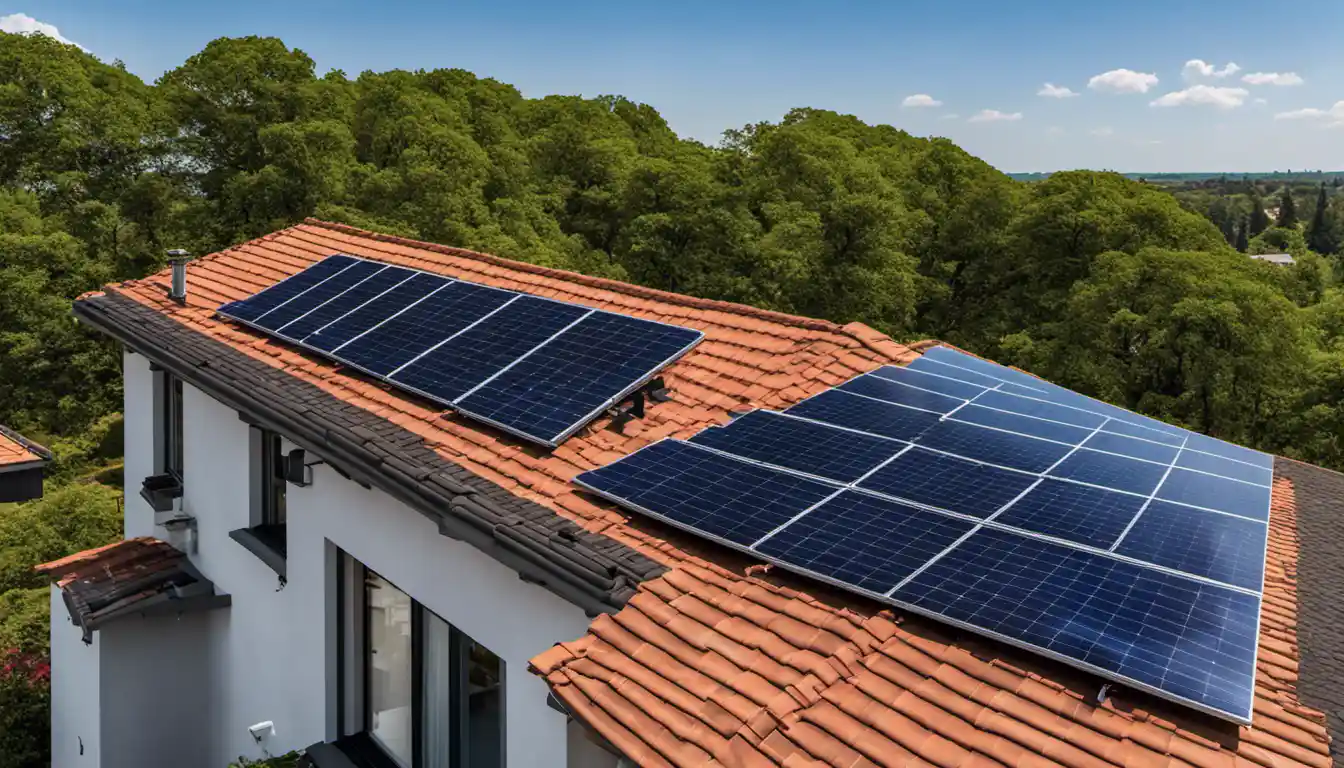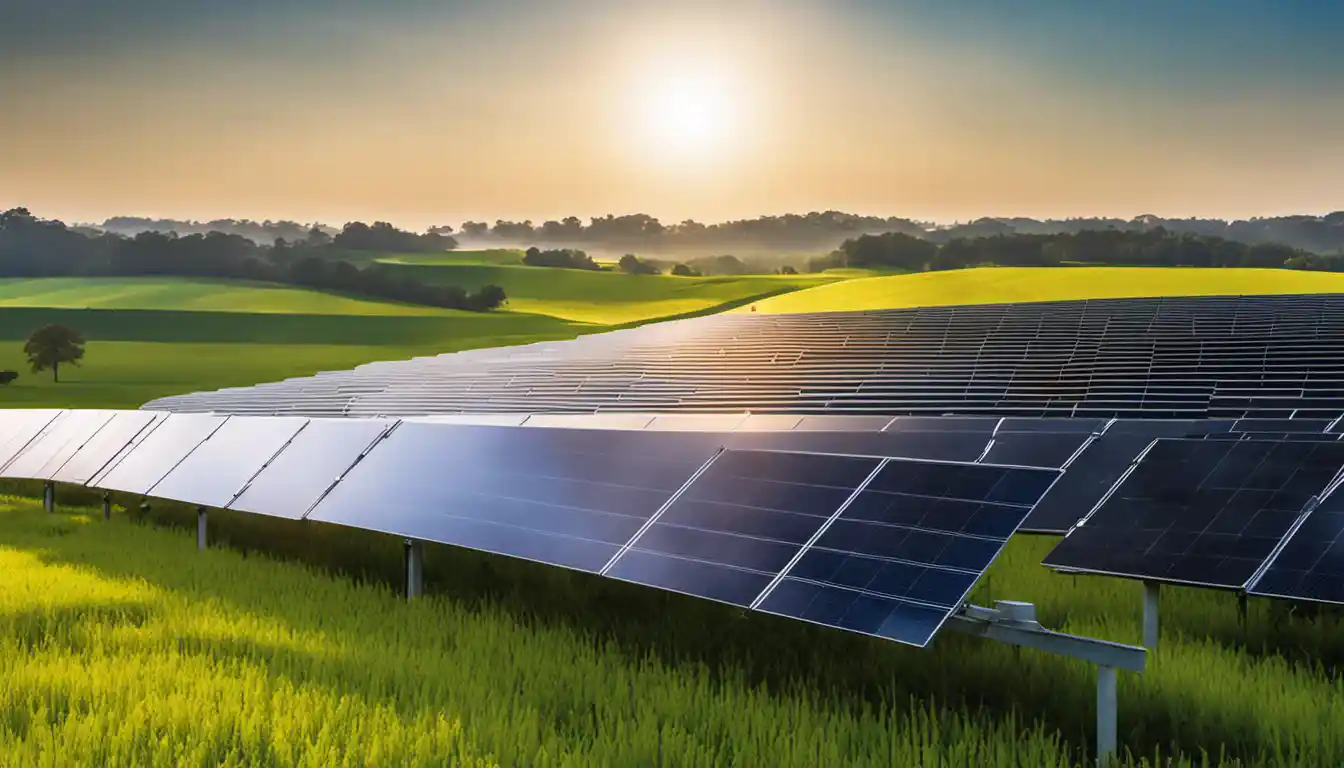How Long Do Solar Panels Last on Average?
Solar panels don’t often need to be replaced as they are designed to last for a long time. Most manufacturers guarantee their panels for 25 to 30 years, but the panels can continue producing electricity efficiently beyond that timeline, often up to 40 to 45 years, depending on their quality and the environment in which they’re used.
Factors Affecting Solar Panel Lifespan
There are several factors that determine how long a solar panel could last before it needs to be replaced. Let’s delve into these significant factors.
Quality of Solar Panels
The material and craftsmanship that go into a solar panel directly affect its lifespan. High-quality panels with good silicon purity and robust construction have a lower degradation rate, which means they last longer and maintain decent efficiency levels even after 25 to 30 years.
Proper Installation

Another significant factor in determining how long the solar panels will last is the quality of the installation. If installed improperly, solar panels may not perform optimally and could also be susceptible to environmental damages like strong winds or heavy snowfall. This is one of the reasons why choosing a reputable solar installer is critical.
Climate and Environmental Factors
The location and climate conditions play a crucial role in determining how often do solar panels need to be replaced. For instance, panels in areas with violently changing weather conditions or high atmospheric pollution may not last as long as those in more moderate climates.
Maintenance and Upkeep
Proper and regular maintenance is key to ensuring the longevity and optimal performance of solar panels. Inadequate maintenance could lead to faster degradation of the panels and a decline in their electricity production efficiency.
Understanding Solar Panel Degradation Rate
The degradation rate refers to the percentage of efficiency loss per year. On average, solar panels have a degradation rate between 0.5% and 1% per year. Meaning, a panel at the end of a 25-year warranty period should still have about 75% to 87.5% of its original production capacity.
Standard Warranties & Guarantees on Solar Panels

Most manufacturers offer a product warranty (covering defects and durability) and a performance warranty (ensuring panels won’t degrade beyond a specific rate over a certain period). An industry standard is a 25-year performance warranty guaranteeing around 80%-90% efficiency at the end of the period.
Tips to Improve the Lifespan of Your Solar Panels
An important question that goes hand-in-hand with “how often do solar panels need to be replaced” is “how can I improve the lifespan of my solar panels?” Here are a few tips:
Regular Cleaning and Upkeep
To keep your panels in good shape, ensure they are clean and free from pollen, bird droppings, or dust. A good rinse with a garden hose, biannually or whenever necessary, usually does the trick.
Regular Maintenance and Servicing
Get your solar panels and system components (like inverters and batteries) checked by a professional at least once a year to ensure everything is in working order.
Proper Installation
Ensure your solar panels are installed by a seasoned professional for the best performance and longevity.
What Happens to Solar Panels After 25 Years?
At the end of their warranty period, most solar panels will still function but at reduced efficiency due to degradation. If well maintained, solar panels could continue producing electricity, albeit at a slower rate, for a decade or even two after their guaranteed lifespan.
Is There A Need to Replace Solar Panels?
Most solar panel owners don’t need to replace their panels unless they are severely damaged or their efficiency has dropped to an unacceptably low level. Most of the time, regular maintenance can keep your panels up and running for many years after their warranty period.
How often you will need to replace solar panels depends on multiple factors, which we’ve covered earlier in this article. However, in making that decision, consider the cost implications, your current energy needs, and the efficiency levels of your panels.
Your decision should primarily be guided by considering whether your current solar panels’ energy output sufficiently meets your electricity needs, and the answer to the question “do solar panels need to be replaced” will become clear as day.
When Should You Plan to Replace Solar Panels?
If you notice a significant drop in the efficiency and energy output of your solar panels over time, it might indicate that they’re on their last legs. Likewise, physical damages that can’t be repaired might necessitate replacement.
If you are interested in exploring more about solar panel maintenance for prolonging their life cycle, check out our guide here – The Ultimate Guide to Solar Panels Maintenance.
All in all, while solar panels do have a generally extended lifespan, their longevity greatly depends on quality, installation, location, and maintenance. Each solar panel owner should regularly monitor their system’s performance to make an informed decision about when and whether to replace their solar panels.



